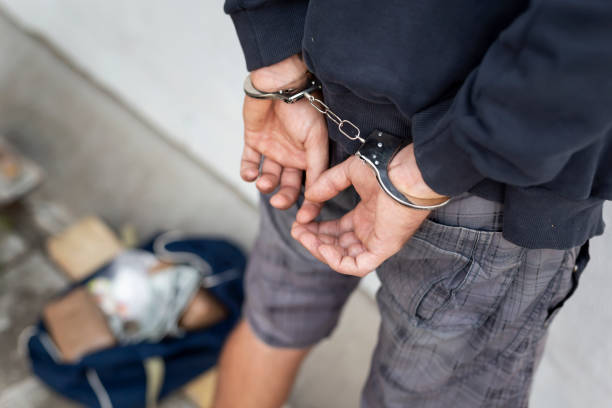Guide: Three Ways in Which Crime Would Negatively Impact Equal Access to Basic Services

Introduction
In South Africa, as in many other parts of the world, crime is a complex issue that has far-reaching effects on society. One of the less-examined but critical consequences of crime is its negative impact on equal access to basic services such as healthcare, education, water, and sanitation. This article aims to explore three ways in which crime can have this detrimental effect, particularly in the South African context. For a deeper understanding of this subject, please visit www.mycourses.co.za.
Three Ways in Which Crime Would Negatively Impact Equal Access to Basic Services
Way 1: Creating Barriers to Education
- Safety Concerns: In crime-ridden areas, the safety of students and teachers may be compromised, leading to absenteeism or even closure of educational institutions.
- Lack of Resources: Crime might divert government resources away from education, leading to underfunding and inequality in educational opportunities.
Way 2: Hindering Access to Healthcare
- Threat to Healthcare Providers: Healthcare providers in high-crime areas might be at risk of theft, violence, or harassment, discouraging professionals from working in these communities.
- Impact on Medical Supplies: Criminal activities like theft and vandalism can lead to shortages in essential medical supplies and equipment, negatively affecting healthcare delivery.
Way 3: Impacting Water and Sanitation Services
- Infrastructure Damage: Criminal acts such as vandalism can damage water and sanitation infrastructure, leading to service disruptions and unequal access.
- Diversion of Funds: Funds intended for the maintenance and development of water and sanitation services might be diverted to combat crime, leading to neglected services and inequality.
The Wider Socio-Economic Impact
These specific impacts on education, healthcare, water, and sanitation are part of a broader socio-economic effect of crime. The inability to access these basic services contributes to:
- Poverty and Inequality: Restricted access to basic services exacerbates poverty and inequality, trapping individuals and communities in a cycle of deprivation.
- Community Fragmentation: Lack of equal access to basic services can lead to distrust and fragmentation within communities, eroding social cohesion.
- Economic Deterioration: The long-term economic growth of regions affected by crime can be stifled, impacting job opportunities and overall development.
Conclusion
Crime’s impact on society is multifaceted, and its negative effects on equal access to basic services are profound. By hindering access to education, healthcare, and water and sanitation services, crime contributes to systemic inequalities, undermining social cohesion and economic development in South Africa. Efforts to address crime must consider these broader societal implications, adopting a comprehensive approach that includes social development and community empowerment. For further insights and a deeper exploration of this topic, please refer to www.mycourses.co.za.
